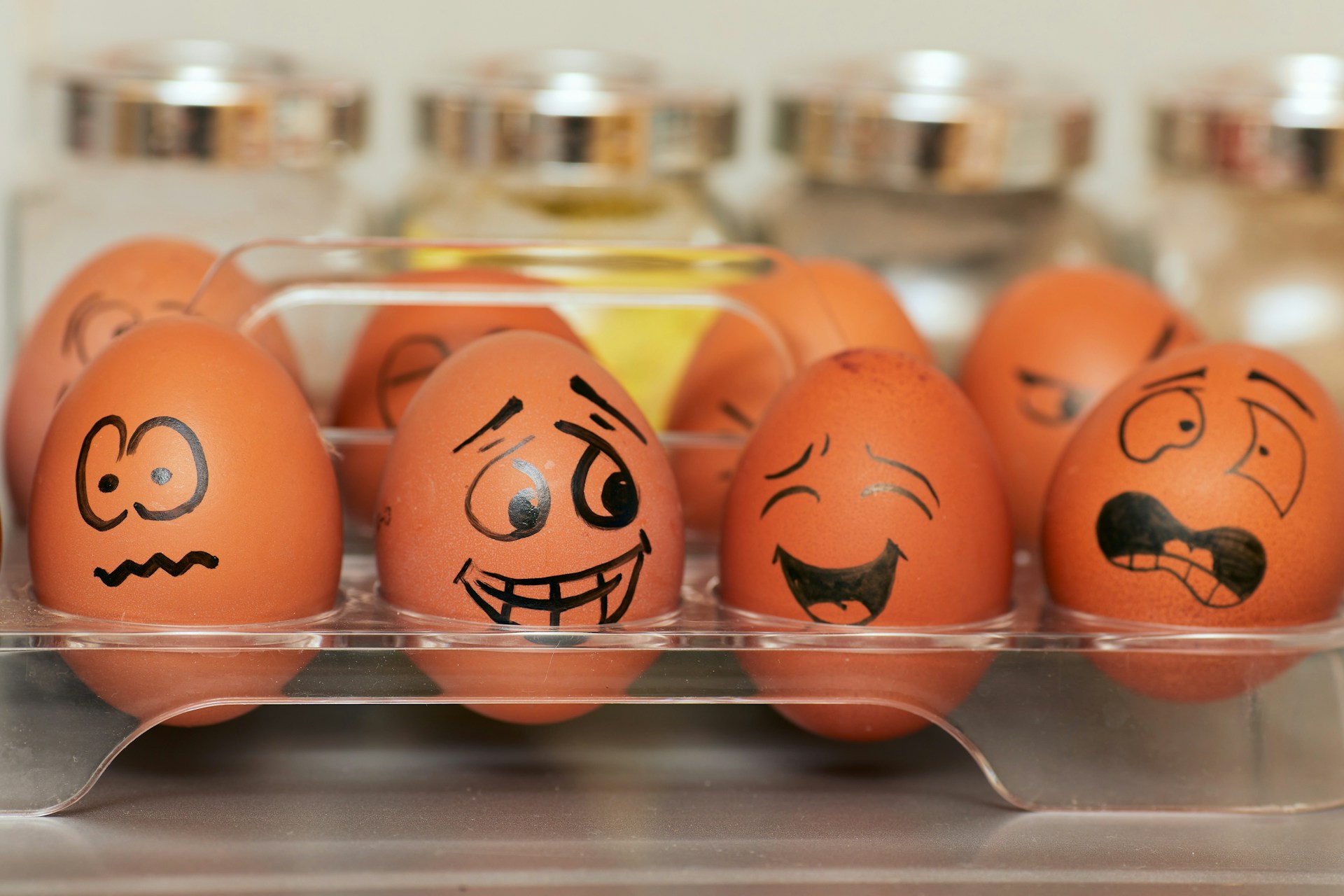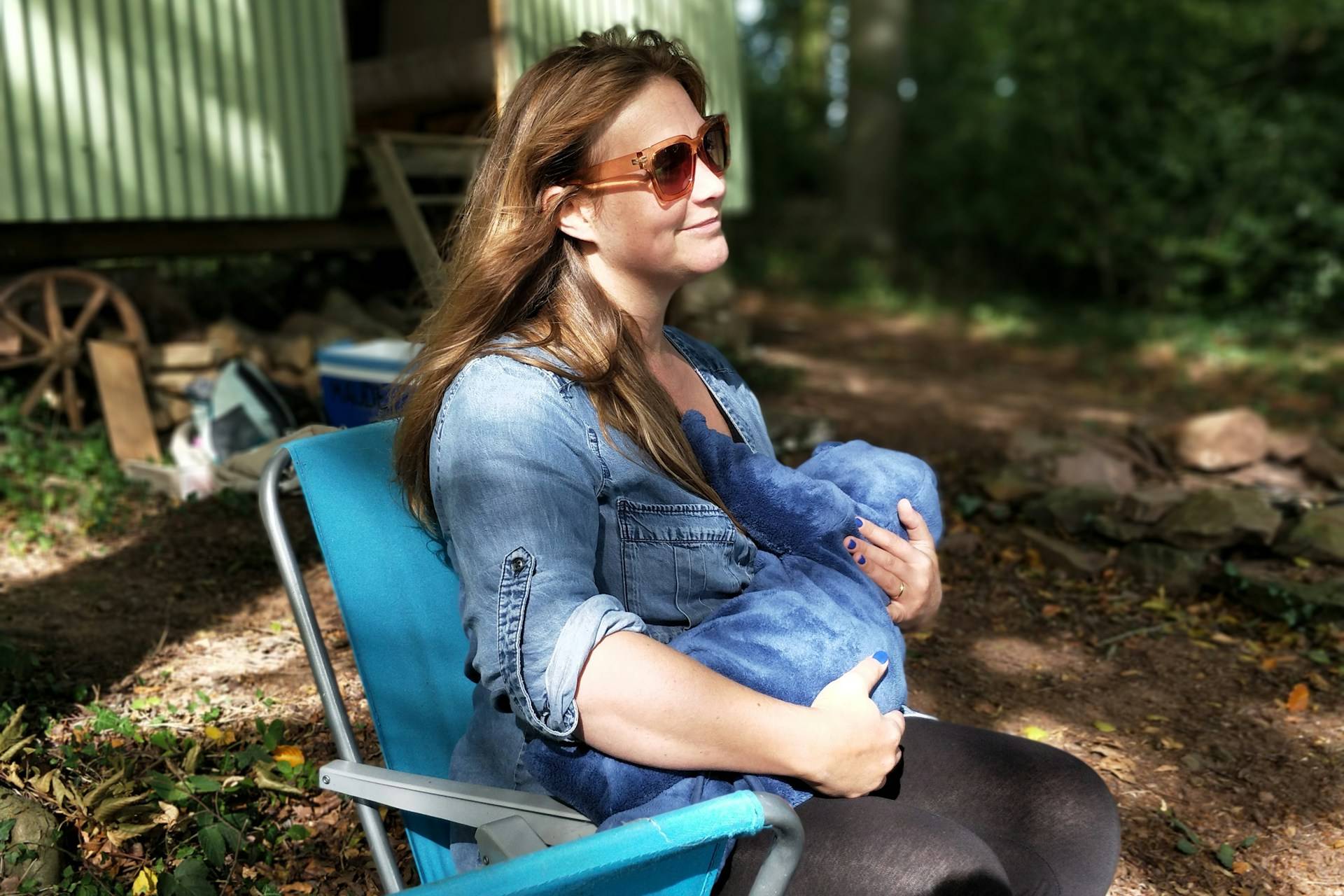Understanding Age-Related Declines and Revitalising Sexual Health and Desire Through Nutrition. Understanding why this is happening and making some nutritional changes can all help to bring the spice back to the bedroom!
Why Libido Drops with Age:
- Hormonal Changes: Hormonal shifts occur with age for both men and women. In men, testosterone levels typically decline after the age of 30, which can reduce sexual desire. In women, menopause leads to a decrease in estrogen, affecting libido and vaginal lubrication.
- Health Conditions: Chronic illnesses like diabetes and cardiovascular disease can impact sexual function.
- Medications: Some medications have side effects that reduce libido.
- Psychological Factors: Stress, anxiety, depression, and relationship issues can also affect sexual desire.
Nutrition Tips and Supplements:
For Men:
- Zinc: Essential for testosterone production. Zinc-rich foods include oysters, red meat, poultry, beans, and nuts. Alternatively, zinc supplements can be taken under guidance.
- Selenium: Brazil nuts are high in selenium and play a role in maintaining healthy testosterone levels.
- Omega-3 Fatty Acids: Found in fatty fish (salmon, mackerel), flaxseeds, and walnuts. Omega-3s support cardiovascular health, which is crucial for sexual function.
- Vitamin D: Low vitamin D levels have been linked to low testosterone levels. Get sunlight exposure, or consider vitamin D supplements.
- L-arginine: An amino acid that helps relax blood vessels and improve blood flow to the genital area. Sources include meat, poultry, fish, and dairy. Supplements may also be beneficial.
For Women:
- Iron: Low iron levels can lead to fatigue and decreased libido. Include iron-rich foods like lean meats, spinach, and lentils in your diet.
- Vitamin B Complex: Supports energy production and mood regulation. Sources include whole grains, meat, fish, and leafy greens.
- Maca Root: A plant native to Peru known for its libido-enhancing properties. It can be consumed as a powder in smoothies or as a supplement.
- Foods Rich in Phytoestrogens: Soy products, flaxseeds, and chickpeas contain phytoestrogens that mimic estrogen in the body, potentially helping alleviate symptoms of menopause.
Lifestyle Tips:
- Healthy Diet: Whole foods, fruits, vegetables, lean proteins, and healthy fats; limit alcohol, processed foods and refined sugar.
- Regular Exercise: Enhances blood flow and mood, supporting overall vitality.
- Communication: Openly discuss any concerns or changes in libido with your partner and seek professional help if needed.
- Stress Management: Yoga, meditation, and partner communication can reduce stress and enhance libido.
Consult the Lifestyle Nutritionist for personalised guidance to ensure you have the fulfilling and healthy sex life you desire.
Embrace the journey with humour, good food, and some adventure—it’s time to make your libido the show’s star again!
Need to Ask us a quick Question?
Related Posts
September 16, 2024
Perimenopause Survival Guide
Perimenopause: it’s like your body decided to throw a surprise party and forgot…
July 5, 2024
Boosting Energy and Improving Sleep
Maintaining energy levels and ensuring restful sleep becomes increasingly…
June 19, 2024
Essential Nutrients for Breastfeeding Women
Breastfeeding mothers have unique nutritional needs to support their health and…



